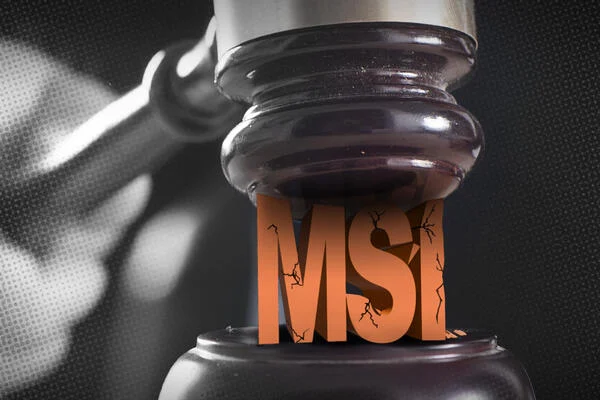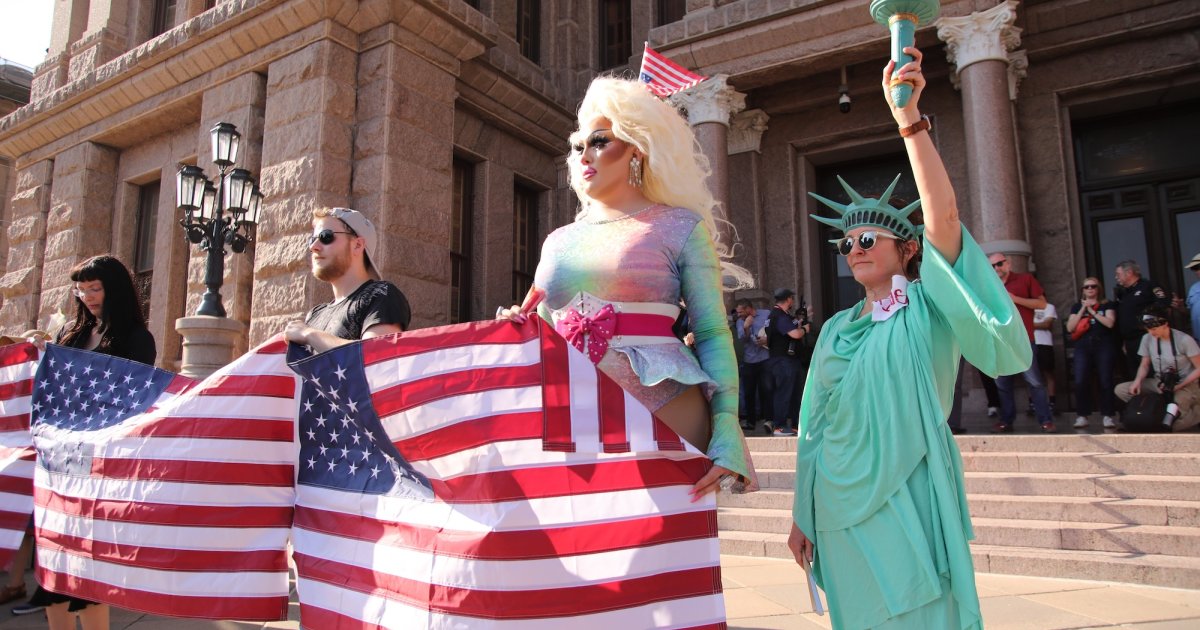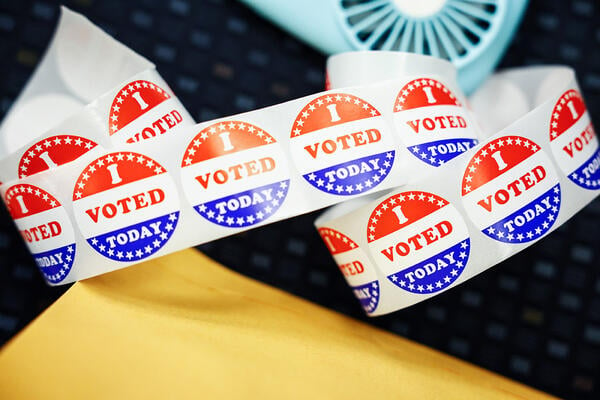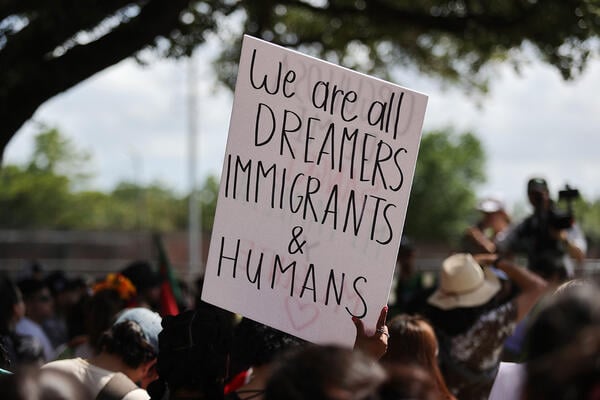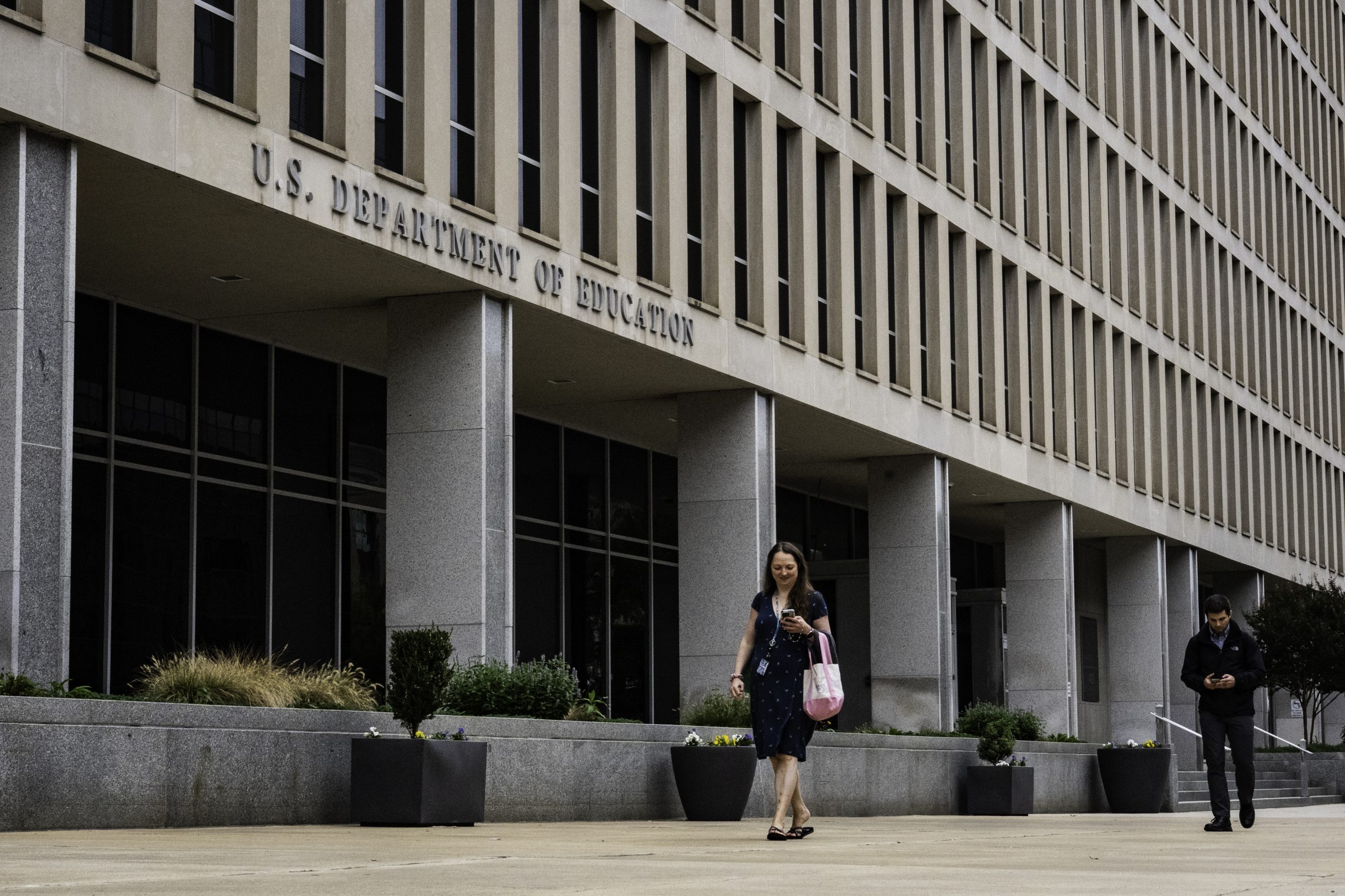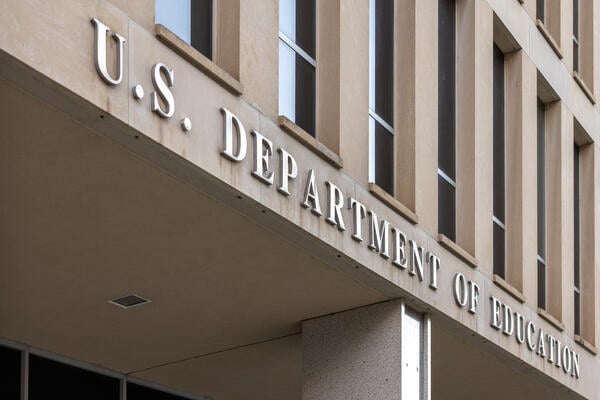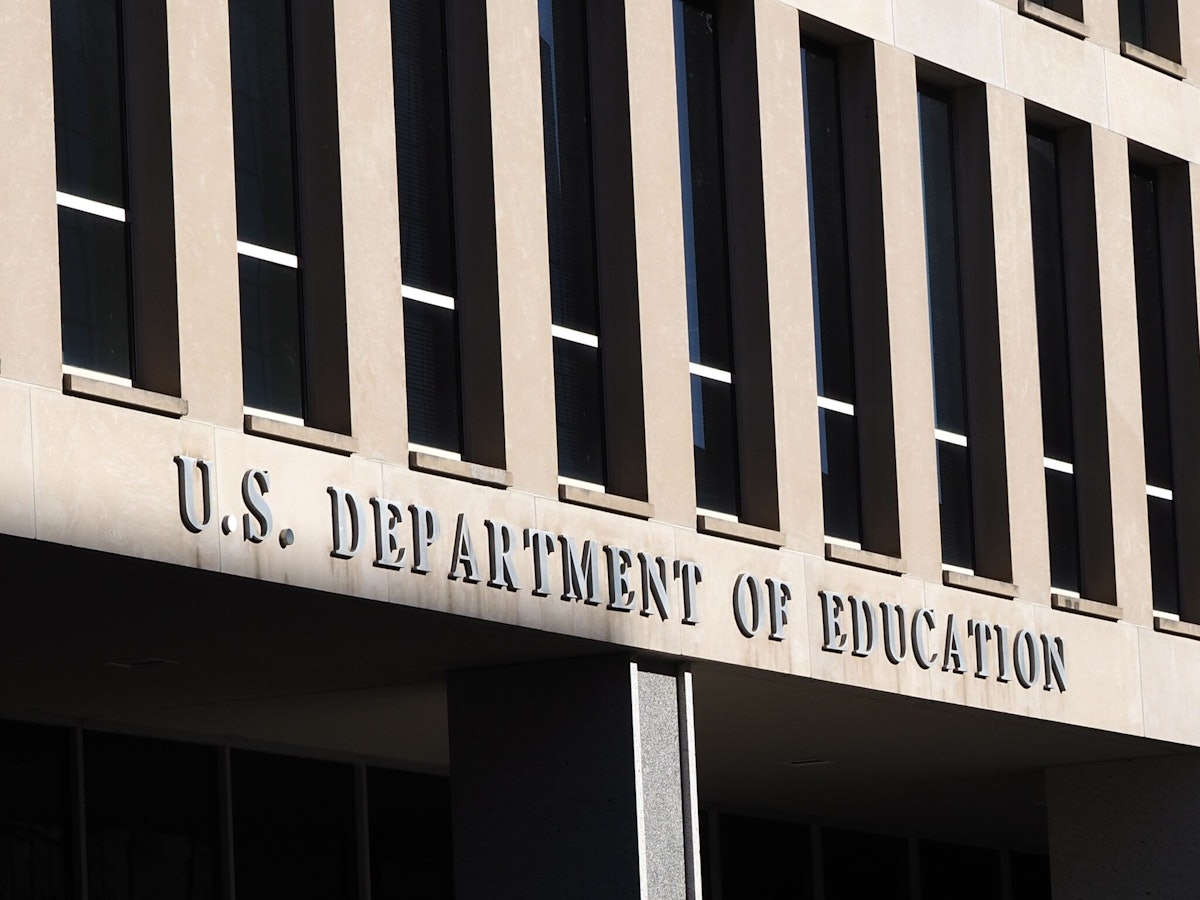Minority-serving institutions sustained another blow after the U.S. Department of Justice released a December legal report declaring funding to many of these institutions as unconstitutional. That memo could reach further than the Education Department’s move to defund some of these programs, ramping up uncertainty for the institutions.
Much like the Education Department in September, the DOJ argued these programs are unconstitutional because they require colleges to enroll a certain percentage of students from a particular racial or ethnic background to qualify, among other criteria. ED ultimately redirected hundreds of millions of dollars intended for Hispanic-serving institutions and other MSIs for fiscal year 2025; it remains unclear whether the DOJ memo will result in more of the same.
But the 48-page document offers new insight into the dangers a wide range of MSI grant programs could be facing and how the administration is legally justifying its stance against the institutions.
The Trump administration seems to be “doubling down” on its attacks on MSIs, offering some “legal justification for what they’ve already done, and in light of that justification, extending it to some additional programs that they did not pursue in the first go-around,” said John Moder, interim CEO of the Hispanic Association of Colleges and Universities.
Mandatory Funds at Risk
Similar to ED, the report by the DOJ’s Office of Legal Counsel uses an expansive interpretation of the 2023 U.S. Supreme Court decision in Students for Fair Admissions v. Harvard that barred considering race in admissions.
But the DOJ went further and called into question not just discretionary dollars but also congressionally mandated funds to MSIs, said Amanda Fuchs Miller, former deputy assistant secretary for higher education programs in the Biden administration and now president of the higher ed consultancy Seventh Street Strategies. The Education Department left mandatory funds alone in September, acknowledging in a news release that those funds “cannot be reprogrammed on a statutory basis,” but it would continue “to consider the underlying legal issues associated with the mandatory funding mechanism in these programs.”
The DOJ implied that “they don’t have to give out the mandatory money as required anymore—in their opinion,” Miller said. But as far as she’s concerned, “the executive branch has to enforce statutes,” including discretionary and mandatory funding authorized by Congress.
“They don’t have the authority to declare a statute unconstitutional,” she added.
In contrast, the legal memo argued that the president may be able to reject statutes altogether “even if only parts of them are noxious.” And it concluded that “the race-based portions” of various programs—including funds for Hispanic-serving institutions, Alaska Native and Native Hawaiian–serving institutions and Asian American and Native American Pacific Islander–serving institutions—are “inseverable,” meaning the unconstitutional parts, according to the DOJ, can’t be removed.
The DOJ did, however, make some exceptions, including competitive grants to predominantly Black institutions (but not mandatory funds) and the Minority Science and Engineering Improvement Program; the department claimed these programs could be stripped of “race-based provisions.” The memo also scrutinized two TRIO programs, the Ronald E. McNair Postbaccalaureate Achievement Program and Student Support Services, but ultimately considered them constitutional, provided the grants aren’t used “to further racially discriminatory ends.”
This approach raises questions, Miller said. For example, the Minority Science and Engineering Improvement Program was specifically designed to bolster engineering and science programs at MSIs, so what would it mean to continue the program without MSI status as a factor? She also stressed that Native Americans aren’t a racial category, according to federal law, which the administration has acknowledged in the past. But the DOJ memo seems to muddy the administration’s take on the issue, she said, by arguing that Alaska Native and Native Hawaiian–serving institutions and Native American–Serving nontribal institutions rely on “racial and ethnic classifications rather than political classifications.”
Ultimately, “Congress needs to stand up and fight back for these schools that play key roles in their districts” and make sure its statutory authority is respected, Miller said.
Some members of Congress have called out the DOJ and ED for stepping out of bounds. Rep. Bobby Scott, a Virginia Democrat and ranking member of the House education committee, called the DOJ memo “deeply at odds with the fundamental goal of the [Higher Education Act] to ensure all students, regardless of their background, can access an affordable, quality degree.” Sen. Alex Padilla, chair of the Senate Congressional Hispanic-Serving Institutions Caucus, said the DOJ opinion “ignores federal law.” But lawmakers have yet to share a game plan on if or how they plan to push back.
Next Steps
What happens next is unclear.
Moder said the administration might withhold new funding for the flagged programs, rescind funds already given, or both.
In that case, institutions could sue, he said, but that’s an expensive ordeal for colleges and universities that, by definition, are underresourced. To qualify for most of the programs targeted by the DOJ, institutions are required to have low per-student expenditures compared to similar institutions, meaning they have relatively few resources to spend on students. They also need to serve at least half low-income students, in addition to a certain percentage of students from a particular racial or ethnic background.
“It’s an expensive proposition and a time-consuming proposition,” Moder said. Although MSIs could have already sued over their lost discretionary funds, “it’s not surprising that there hasn’t been a flurry of legal challenges presented to date.”
HACU has been defending HSIs against a legal challenge from the state of Tennessee and the advocacy group Students for Fair Admissions, after ED declined to stand up for the institutions. The lawsuit argued that Tennessee institutions don’t meet the requirement for HSIs—enrolling 25 percent Hispanic students—and miss out on federal funds; therefore, the federal criteria are discriminatory based on race. HACU has since asked the court to dismiss the case, arguing it’s a moot issue now that ED took away the discretionary funds Tennessee protests.
The hope is “it will leave the possibility of … Congress voting for renewed funding,” and eventually “a new administration to continue to administer it,” Moder said.
Deborah Santiago, co-founder and CEO of Excelencia in Education, an organization focused on Latino student outcomes, believes the DOJ report could have a positive twist: It offers more insight into how the administration is thinking about MSIs—and more fodder to fight back, she said.
The DOJ memo “went a little bit deeper on examples, and in doing so, created opportunities to understand where they’re coming from,” and to “challenge some of the basic framing and concepts that are in dispute,” said Santiago, who previously worked as deputy director of the White House Initiative on Educational Excellence for Hispanics.
Notably, she said, the report didn’t take issue with the idea that “there is a clear federal policy goal in providing capacity-building for underresourced institutions.” Instead, it took aim at “racial quotas” and quibbled with whether “individual discrimination” against particular students or types of students occurred. But Santiago said it’s easy to argue back that MSI grants support underserved institutions, not individual students, and there’s a difference between racial quotas and enrollment thresholds.
“MSIs are about institutional capacity-building and not about redressing individual student discrimination. I think that was a false framing that they put out there,” she said. “At the core, this is about persistent structural disadvantages of institutions and how the federal government can fund them.” And when the federal government has limited funds to invest, “you can make the case” that increasing academic quality at institutions with a persistent lack of resources and a disproportionate number of historically underrepresented students “is a clear federal role and responsibility.”
She also pushed back on the idea that institutions that don’t get the money are discriminated against. By the same logic, “students who are not enrolled in military academies are being discriminated against because they’re not getting access” to investments in military academies, she said.
She believes that the DOJ memo will help hone how MSIs and their supporters advocate for the institutions to members of Congress and others.
“I think we need to reframe and make the case to our colleagues on the Hill,” she said.

